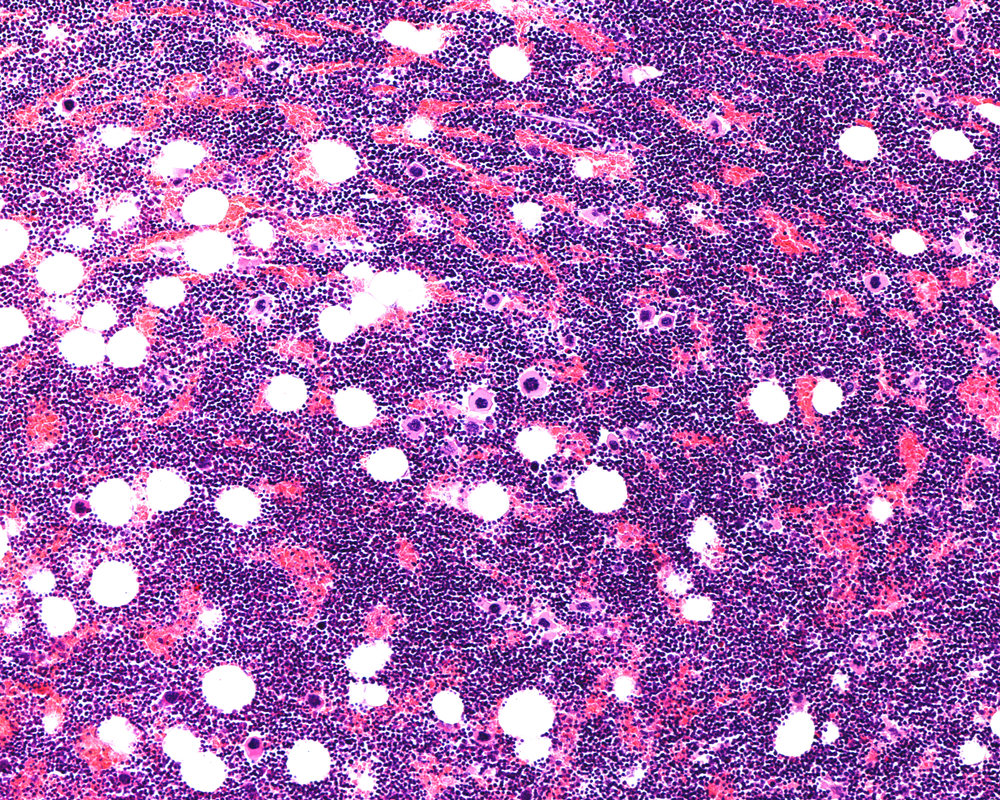
Chronic inflammation is a difficult condition for your body to handle. Immune cells like macrophages, neutrophils, and eosinophils are responsible for the tissue destruction that happens when your body’s inflammatory response doesn’t know when to stop. The result of this could be life-threatening chronic disease.
Chronic inflammation is a condition where the body’s natural defense system, the immune system, keeps attacking healthy tissues even when there is no injury or infection present. This can cause damage to the body and contribute to serious health problems.
In recent years, chronic inflammatory diseases have become a major threat to our health, replacing infectious diseases as the biggest challenge. This is why scientists and medical professionals are working hard to understand this process and find ways to treat it effectively.
One promising solution is the use of Mesenchymal Stem Cells (MSCs). These are special cells that can help repair damaged tissues and reduce inflammation. They can be obtained from different sources and can be transplanted into the body safely, as they do not trigger an immune response.
There are many clinical trials underway to test the effectiveness of MSCs in treating chronic inflammatory diseases, and some countries have already approved their use for medical treatments. This is a very exciting development for those suffering from these conditions, as it offers a new hope for finding a better and more tolerable treatment option.
It’s important that we understand the full potential of MSCs so that we can treat those suffering from chronic inflammation with safer methods than traditional medications with more side effects. A study, Safety Study of Intravenously Administered Human Cord Blood Stem Cells in the Treatment of Symptoms Related to Chronic Inflammation, looked into the safety of human umbilical cord blood-derived MSCs (UC-MSCs).
Results of the Study
Nine patients suffering from chronic inflammatory conditions, such as osteoarthritis, post-traumatic arthritis, and herniated discs, took part in a study to monitor their immune response and evaluate the effects of receiving an intravenous infusion of UC-MSCs. The primary goal of the study was to ensure safety, while the secondary aim was to measure if it could improve biomarkers related to chronic inflammation.
These nine participants were given a single infusion of 1.25 ml of 1.0 × 108 stem cells suspended in saline and human albumin solution, over the course of less than one hour. This research sought to find a safe and effective solution for those dealing with chronic inflammation, as well as determine if UC-MSCs could help improve their quality of life.
As part of this study, patients were tested for general health indicators and certain inflammatory markers – including CRP, IL-6, and TNF-alpha – before and three months after the stem cell treatment. Additionally, they filled out SF-36 questionnaires at 0, 3, and 6-month intervals so researchers could get a full understanding of their experiences – including any adverse reactions they might have had after treatment like pain or fever.
In addition to monitoring the patients’ physical health, the study also aimed to assess the impact of the treatment on various aspects of their daily lives, including sleep quality, energy levels, libido, mood, and the appearance of their skin, hair, and nails. The study was approved by the Institutional Review Board of the Institute of Regenerative Cellular Medicine, ensuring that all questionnaires were safe and ethical.
To monitor safety during the two weeks after the stem cell treatment was administered, regular blood tests were taken with no significant changes in patients’ blood markers reported. Furthermore, patients filled out questionnaires at 0, 3 and 6-month intervals to assess the impact of the treatment on chronic inflammation and anti-aging. This data revealed that there were no adverse reactions and positive changes in energy levels, hair and nail growth and skin appearance.
Nine patients reported an increase in energy levels from 33.3% ± 16.7% at 24 hours to 66.7% ± 16.7% at 3 months while hair and nail growth improved from 11.1% ± 11.1% at 2 weeks to 44.4% ± 17.6% at 3 months; these improvements also extended to skin appearance over this period of time (11.1% ± 11.1% to 44.4 %± 17.6%).
Overall, this study has concluded that intravenous infusion of UC-MSCs is a safe and effective treatment option for patients with chronic inflammation which can improve various aspects of their health and wellbeing without risk of adverse reaction or impact on blood markers.

